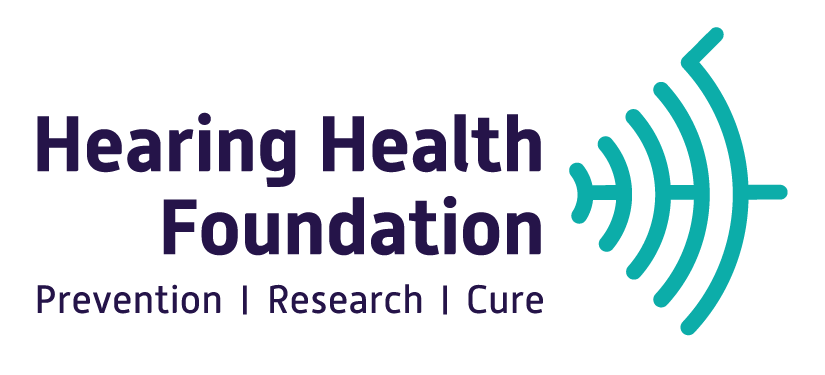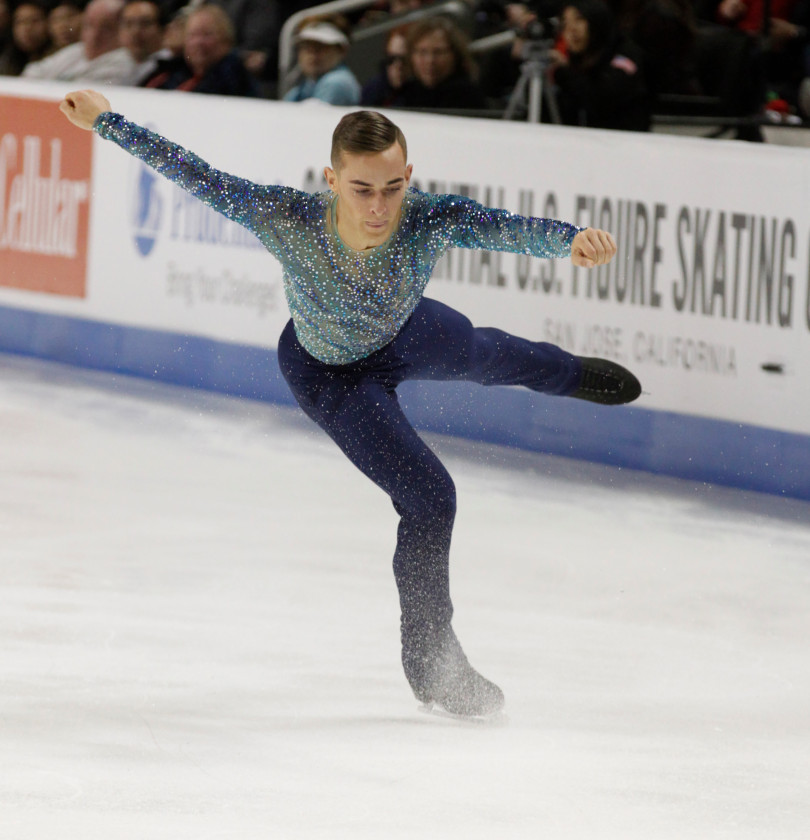By Vicky Chan
The competitors in this year’s Winter Olympics are full of drive and determination. Olympians throughout history have overcome various challenges for a chance to win the gold, including hearing loss. Hearing loss has played a big role in the lives of some Olympians. In spite of their disability, or, perhaps, because of it, hard-of-hearing Olympians have thrived as athletes. Rather than viewing their hearing loss as a limitation, these Olympians—our very own Gold Medalists—have claimed that compromised hearing has shaped their work ethics and contributed to their success.
Adam Rippon
American Figure skater Adam Rippon. Credit: Jim Gensheimer/Bay Area News Group.
Adam Rippon is a figure skater participating in the 2018 Olympics. He was born with an eye infection and 80% hearing loss. Before his first birthday, he had major surgeries to correct both issues. At age 5, he survived a bursted appendix and severe respiratory condition. Despite his early health difficulties, he won a gold medal at the Four Continent Championship and the national title in 2016.
Tamika Catchings
Tamika Catchings is a retired American WNBA star who was born with hearing loss. She participated in more than 15 WNBA seasons and won four Olympic Gold Medals. Catchings has attributed her success to her hearing loss—compared to her typical-hearing opponents, she is more observant on court which allows her to react faster than they can. Catchings said, “As a young child, I remember being teased for...my big, clunky hearing aids, and the speech problems...Every day was a challenge for me...I outworked [the kids who made fun of me], plain and simple.”
Frank Bartolillo
Frank Bartolillo is an Australian fencer who competed in the 2004 Olympics. He was born with hearing loss, but Bartolillo states that his hearing loss has actually helped him improve his fencing skills by allowing him to fully focus on his opponent.
Carlo Orlandi
Carlo Orlandi was an Italian boxer. At age 18, Orlandi became the first deaf athlete to compete and win a Gold Medal in the 1928 Olympics. Later, he became a professional boxer with a career that spanned 15 years and won nearly 100 matches.
David Smith
David Smith is an American volleyball player who was born with severe hearing loss. At age three, he was fitted for hearing aids in both ears. As an athlete, he relies heavily on hand signals and lip reading to communicate with his teammates. On the court, Smith can’t wear his hearing aid, so his coach, John Speraw, uses the “David Smith Rule.” This rule mandates that “when David wants it, David takes it,'" says Speraw. "Because in the middle of a play, you can't call him off...He's mitigated any issues he has by being a great all-around volleyball player."
Chris Colwill
Chris Colwill is an American diver who was born with hearing loss. Although his hearing aid allows him to hear at an 85-90% level, he can not use it while diving and relies on the scoreboard for his cue to dive. But Colwill stated that this is an advantage for him—noise from the crowd doesn’t distract his concentration on diving.
Katherine Merry
Katherine Merry is a former English sprinter who won a Bronze Medal in the 2000 Olympics. At age 30, she developed tinnitus when a nurse made a mistake during a routine ear cleaning procedure. Ever since, she has lived with a constant high-pitch buzzing sound in her ears. It becomes worse when she is tired, overworked or on a flight. Today, Merry works as a BBC Sports Presenter.
These Olympians prove that those affected by hearing loss can pursue successful careers in sports. Refusing to let anything hold them back, they turned their disabilities into advantages in their respective competitions. Hearing loss allows them to block out distractions and focus on the sport. Their disability has shaped their determination, forcing them to become stronger and better athletes.








